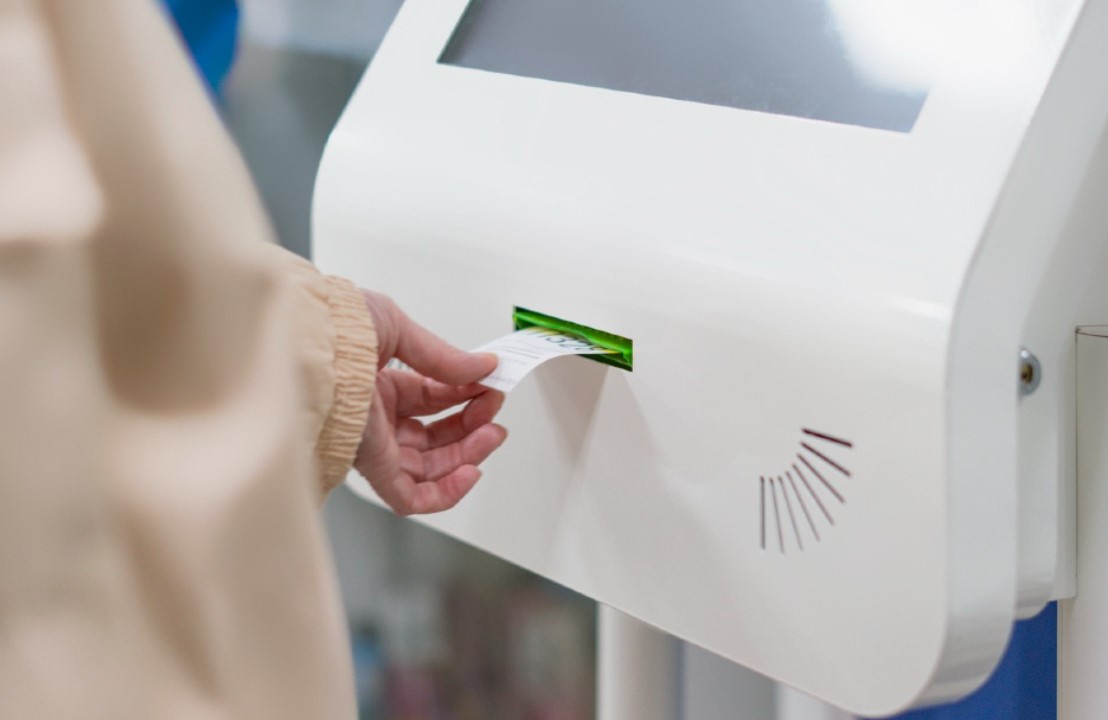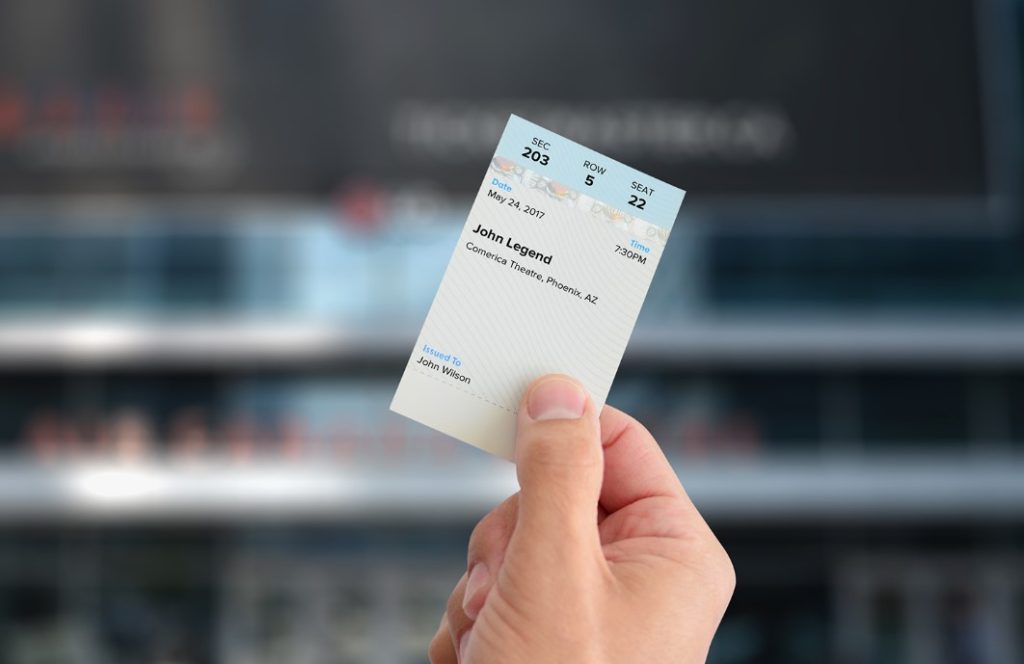
In today’s fast-paced world, a streamlined queue management process isn’t just a luxury—it’s a necessity. The cutting-edge ticket system is intended to revolutionize how companies manage customer flow by eliminating the annoyances of protracted lines and disorganized service locations. Under this system, customers are given ticket or token numbers, which enable them to wait in comfort and monitor their status in line.
Ticket Management Systems’ Function in Contemporary Companies
Effective customer flow management impacts customer loyalty and satisfaction. Studies have shown that if the wait time is longer than five minutes, more than half of the customers will likely give up on their purchase. To solve this, ticket management systems arrange lines and let patrons work more efficiently while they wait.
How Ticket Systems Enhance Customer Experience
A well-designed ticket system removes uncertainty from the waiting process. Instead of anxiously waiting, customers can monitor their place in line, thanks to digital screens and automated notifications. This approach gives them control, enhancing the overall customer experience. With ticket management systems in place, businesses report up to 30% higher customer satisfaction, as efficient queues positively influence how customers perceive the brand.

Why Every Business Needs Queue Management Solutions
Queue management is no longer limited to high-traffic sectors like healthcare and banking. To keep things in order and speed up service, restaurants, retail stores, and government buildings use ticket systems. Research indicates that companies can increase customer satisfaction ratings by up to 20% by implementing queue management technologies.
Additionally, ticket systems can collect useful information. Companies can monitor client volume trends, average wait times, and peak times to better manage resources. Using this data, organizations can optimize staff schedules and predict future demand.
Integration with Digital Platforms
Ticket systems are increasingly compatible with mobile devices, enabling remote check-ins. For example, customers can check their smartphone queue status, allowing them to manage their time flexibly. A study by Juniper Research indicates that mobile queue management increases operational efficiency by up to 35%, as it reduces physical congestion in service areas.
In addition, many ticket systems now incorporate SMS notifications or app alerts, keeping customers informed of their turn without requiring them to stay in a physical location. These features cater to today’s tech-savvy consumers who value convenience and efficiency.
Key Metrics to Track with Ticket Systems
One of the advantages of a ticket management system is the ability to track performance metrics in real-time. Important KPIs include:
🡪Average Wait Time: Monitoring the time customers wait before receiving service can highlight areas for improvement.
🡪Peak Times: Knowing when traffic is heaviest allows for better staff management.
🡪Customer Flow Rate: Tracking how quickly customers are served can help identify inefficiencies in the service process.

Enhancing Employee Productivity
Ticket systems benefit customers and streamline operations for employees. By automating queue management, employees can focus more on customer service rather than managing crowds. This shift allows staff to handle requests more effectively, improving the quality of each interaction.
Furthermore, reducing the chaos of physical lines can boost employee morale. When employees aren’t overwhelmed by managing high volumes of impatient customers, they are more likely to provide positive and efficient service, further elevating customer satisfaction.
Ticket Systems and ROI
Putting in place a ticket management system is a highly profitable investment. Ticket systems can boost revenue and client retention and enhance customer happiness. According to research, 86% of consumers are willing to spend extra for a better customer experience, and effective queue management is a key component of that experience.
Businesses benefit from shorter wait times, as there are fewer walkaways, which increases the number of completed transactions. When appropriately integrated with CRM and analytics tools, a ticket system can offer insights into customer behavior, enabling targeted marketing initiatives.
Conclusion
An efficient ticket management system is essential for businesses to enhance their customer service experience. By organizing customer flow, reducing wait times, and integrating digital features, these systems create a seamless, stress-free experience that modern consumers demand.
In a world where convenience and efficiency are key, adopting an advanced ticket system could be the competitive edge your business needs. By investing in customer satisfaction now, you’re setting the stage for a loyal customer base in the future—one satisfied, efficiently served customer at a time.

Soccer lover, nature enthusiast, guitarist, Bauhaus fan and critical graphic designer. Doing at the fulcrum of minimalism and purpose to craft experiences that go beyond design. I am 25 years old.


